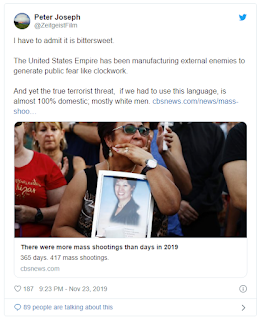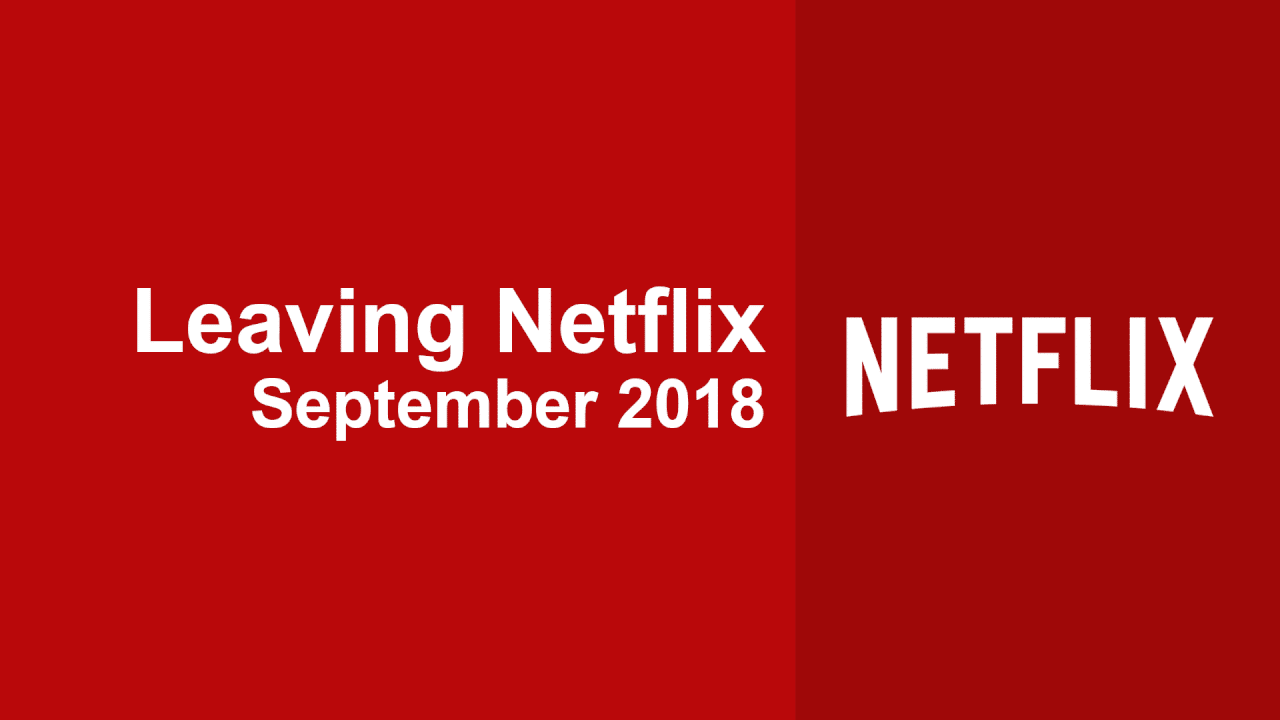Our opinion of the movie Zeitgeist should be pretty well known by now. It is an extremely bad and tedious bit of filmmaking, and the scholarship in it is awful, and we disagree with all of parts 2 and 3, as well as nearly all of part 1. And if you need a reminder about why, here are three sites dealing, respectively, with the claims that:
Now that that's out of the way, let me share a few recent emails.
2/11/11
I was wondering if you guys were aware of the (second) sequel to that terrible film, Zeitgeist, and if you plan on talking about it any time soon. If you've done it recently, I apologize for spamming you... I haven't had the opportunity to watch the last few episodes just yet. I've just started watching the sequel on YouTube (so you don't have to do any googling: http://www.youtube.com/watch?v=4Z9WVZddH9w&feature=feedlik), and in the first 10 minutes they started harping on how Biology is wrong because there's such a thing as epigenetics. Sounds like more relatively well-informed stupidity to me. I only watch it for the same reason I saw Expelled and What The Bleep Do We Know !!!111!? My hopes for humanity diminish proportionally.
1/28/11
by the way you sould look the new film " zeitgeist Moving Forward " where we see how
[long list of names with irrelevant credentials]
...etc and of course Peter Joseph
describe that our current system breeds insanity
and i hope you dont act emotional about the word zeitgeist because
" Zeitgeist moving forward " is not like the first film
1/25/11
I am a member of The Zeitgeist Movement and would love to get your feedback on what the movement is advocating. I have searched high and low for evidence that the concepts of this movement are falsifiable, but have yet to find any information doing so. I’m not sure as to whether or not you are aware of the difference between The Zeitgeist films and the Movement, but there is certainly an expressed difference.
11/29/10
Also, your host insistently bash the Zeitgeist movement and 911 truth. This really baffles me because the Zeitgeist Movement is a just secular movement that advocates the scientific method for social concern (doing away with corrupt monetary capitalism that allows children to go hunger)
Yes, okay, we get it. We heard you. Thanks. The guy who made Zeitgeist has made another movie-- actually TWO other movies now -- and they cover different topics than the original movie. Lastly, this message is from a comment on
a Facebook link I shared that relates to Medicare. Though the commenter doesn't mention Zeitgeist directly, he did bring up the theme of the last two movies.
The better solution than social services is a Resource Based Economy and the elimination of the monetary system altogether. We cannot possible print enough money to solve all of our problems and we certainly cannot save our way to the needed solutions through austerity measures. The 'bottom line' is that money is THE constraint on human progress (well, that and cultural conditioning).
So, okay, I've finally decided I need to respond to this steady stream of emails, if only so I can have something to link in the future.
I have not watched the new movies, as I greatly prefer to do actual reading over sitting through talking heads. I have set it aside as something I might watch. After all, I suffered through
What the Bleep Do We Know? and I guess I can get around to this one too, eventually. From what I understand,
Zeitgeist: Addendum and
Zeitgeist: Moving Forward (which I shall henceforth refer to as ZA/ZMF because I hate typing) are mostly focused on popularizing something called "The Venus Project" (see link). It's a Utopian movement by a guy named Jacque Fresco -- Engineer, Design Consultant, and "Futurist" -- and he's been going around pitching this idea of a resource-based economy.
Ladies and gentlemen, presenting: Atlantis. I mean, The Venus Project.
Here's what that means as I read it. The financial system is broken beyond all hope of repair, so we abolish all forms of currency. In its place, everyone gets boundless freedom to use "resources." Money is a fiction anyway, and the federal reserve is evil (as explained in the first Zeitgeist, part 3), and people are going hungry because we artificially limit resources (i.e. food) when they could be made useful for everyone (i.e., feeding third world countries).
I'm a fairly liberal guy. I believe that there are problems with our current economic system, and some such problems stem from unregulated capitalism. A couple of recent sources for information I recommend are
The Big Short by Michael Lewis, which traced the origins of the recent banking crisis in a highly entertaining and readable way; and
this episode of the show
This American Life, in which they discuss the ways in which money is really a convenient fiction.
On the other hand, I'm a numbers geek, and from my perspective, money -- though "fictional" in some sense -- was a fantastic technological advancement in the history of civilization. In any system of trade, some kind of valuation is going to arise naturally. Economists may call it "
utils," or it may just be that we compare the value of one thing to the value of something else on an individual basis ("I'll give you two chickens for that hatchet"). Money is simply a means of formalizing a system that people are going to agree on one way or another. In prison it becomes cigarettes. In the future it's probably moving towards all digital currency. Heck, you can even calculate a meaningful exchange rate between United States Dollars and World of Warcraft gold pieces (after adjusting for a lot of inflation due to the recent Cataclysm expansion). It's an abstraction that achieves a goal. Barter systems are fine in small villages, but they are hopeless at large scales.
In any case, "scarcity" does not exist because of money. Quite the opposite, in fact -- money exists in large part
because scarcity exists. While many resources such as air and sunlight are effectively in infinite supply, other things are very definitely limited. An excellent (though fairly disturbing) book on the subject is
Collapse by Jared Diamond. Diamond studied a number of cultures which, for one reason or another, didn't survive -- they experienced massive population crashes in which a large proportion of their citizens died over a short period of time. In most cases it was because they ran out of something.
In fact, I can kind of sum up Diamond's formula for disaster that is common among most civilizations that died by their own hands:
- You have a limited resource. In one case it was timber (cutting down trees on an island faster than they grew back) and in another, it was grazeable farmland.
- Something about your civilization requires you to use a lot of that resource.
- It starts to run out, but the culture is rigid and resists change.
- People talk about breaking their dependency on this resource, but don't actually do anything about it.
- Much to everyone's surprise, it runs out.
- Turns out the requirement for that resource is pretty widespread. Many people die.
I'm not going to go off on a tangent about which finite resources we rely on in modern society (*cough*oil*cough*) but even so, I'm pretty well convinced that if we solved one problem of scarcity, the problem would just move off to something else.
And that's where money comes in. It is an abstraction that puts a value on resources with different levels of scarcity. They're not all concrete resources, either: people enjoy their free time, and working to accomplish a difficult task (like volunteering to fly to a third world country and deliver mass quantities of food) is frequently regarded as a "what's in it for me?" situation. That's not money's fault. Money is simply a method of making an abstract concept ("What's it worth to ya?") be attached to concrete numbers.
Oh, but I forgot to mention how this problem of scarcity is solved under Jacque Fresco's system. Here, let me quote:
"A resource-based economy would make it possible to use technology to overcome scarce resources by applying renewable sources of energy, computerizing and automating manufacturing and inventory, designing safe energy-efficient cities and advanced transportation systems, providing universal health care and more relevant education, and most of all by generating a new incentive system based on human and environmental concern."
And also:
"With automated inventory on a global scale, we can maintain a balance between production and distribution. Only nutritious and healthy food would be available and planned obsolescence would be unnecessary and non-existent in a resource-based economy."
So you see, this is easily achievable, as long as we first keep in mind the intermediate goals of developing unlimited, clean, renewable energy sources. Also, since human government officials are inherently corrupt, we just need to develop artificially intelligent administrators to manage our cities and distribute everything efficiently.

Riiiiight.
Artificial intelligence and alternative energy research are only a couple of the most complicated problems facing inventors, businesses, and academics. Have been for decades. And to think that you can hand-wave that away as a minor inconvenience blocking the realization of your Utopia, that's a pretty damn extraordinary claim. In fact, I would venture to say that if you could create a world with no scarce resources, that all by itself would do a hell of a lot more to fix everything than whatever fantasy anti-currency government system the Venus Project promoters can dream up.
And then there's this issue of benevolent computer systems that will impartially make sure everyone gets everything they want. Okay, I've been involved with software development for most of my adult life, and I feel pretty comfortable saying we're not replacing all our politicians with robot administrators any time real soon. But even after assuming that little hurdle is crossed, artificial intelligence isn't a magic solution to anything. There's no reason to think it would be more advanced than human intelligence to start with, and if it eventually got there, no reason to think it would be any less self-serving.

Show of hands, please. How many people want to turn over our economy to these guys? ...Thank you.
Okay, I'm not saying that all artificial intelligence is inevitably going to conquer humanity and harvest their essences to power an elaborate virtual reality that enslaves us or anything. I'm just saying, I don't see why the AI is going to make any decisions better than a human with some really good ideas who knows how to use data mining tools. A better question is, why don't we elect one of those?
Getting rid of money wouldn't save the world from scarce resources. If anything, the immediate effect would be that without a perceptible cost to themselves, people would use up those resources faster than ever. I don't see how these super-cities that Jacque Fresco invented will stop people from wanting to travel, which is one of the big ones when it comes to draining energy. In fact, if I had all this free time and were unlimited by capital, that's the first thing I'd do a lot more of. And I can't envision a realistic political path to implement what sounds mainly like "Socialism... With Robots!" when you have the Tea Party just slavering to declare that Civilization As We Know It is coming to an end if we allow some tax cuts to expire.
So in the end, I'm left with an impression of The Venus Project that is not much different from the original Zeitgeist. It's a large group of fans with who have coalesced around a group of persuasive amateurs, drawn to the notion that they have uncovered some deep and massive truth that is hidden from the rest of us willfully deceived, blind fools. It is largely ignored by people who have expertise in anything relevant like, say, economics -- not because they're trying to suppress it, but because there's basically nothing of substance there.
There. You asked my opinion. Now you've got it. I hope you're satisfied.


























